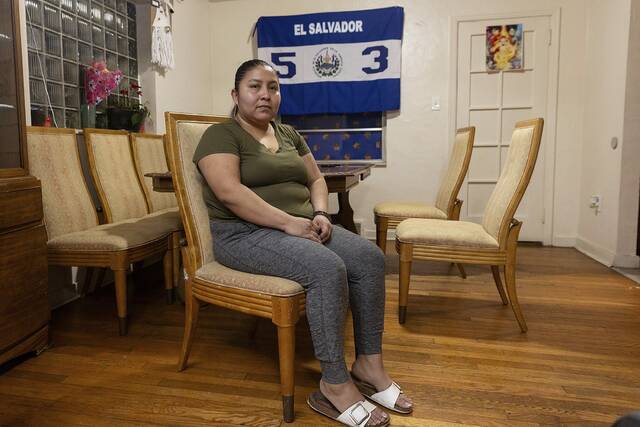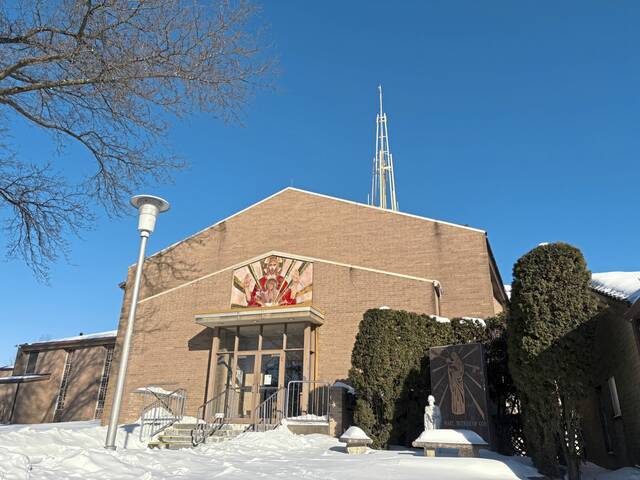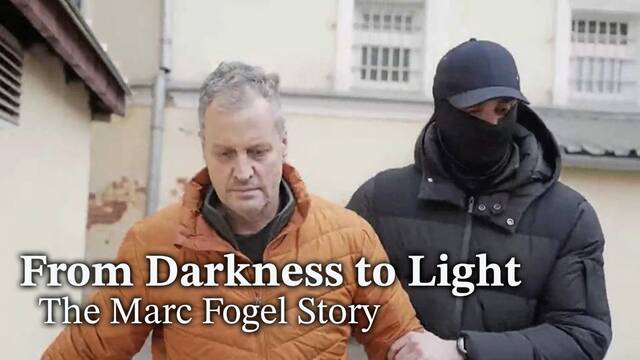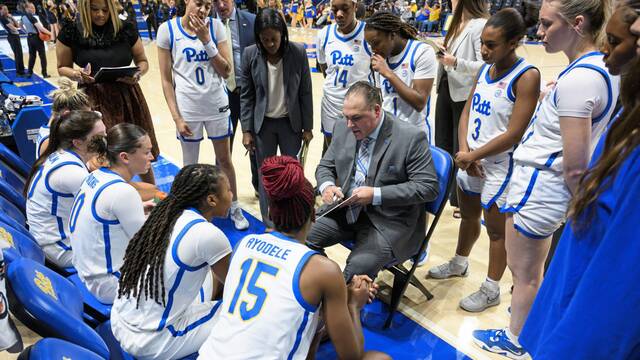Pittsburgh City Council is expected to vote next week to authorize funding for a two-year pilot program on composting in the city.
Next week’s vote would clear the way for the city to use $90,000 in grant money from the U.S. Department of Agriculture for the composting program.
The program would focus on educating the public about composting, supporting organizations who provide composting services and exploring how to incorporate composting efforts into city farmers’ markets and parks, said Aftyn Giles, the city’s senior sustainability coordinator. The goal is to increase composting and make it more accessible to city residents.
Councilwoman Deb Gross, who said she’s been composting for about 30 years, said she has tried unsuccessfully in the past to secure funding to boost public composting efforts and is excited to have the grant money available now.
“Soil is one of the things (about which) we need to raise awareness,” she said.
Composting can improve soil quality, helping to reduce stormwater runoff and the levels of harmful lead in soil, Gross said. She said the composting program could tie in with a lead safety bill brought before council on Tuesday.
In addition to providing higher-quality soil, composting also keeps waste out of landfills, she said. She said that ties in with the city’s ambitions to produce zero waste, plus it saves money when fewer waste-haulers are able to make fewer trips to landfills on garbage day.
“I love there are two great purposes — landfills and rich soil,” Councilman Anthony Coghill said.
Initiatives like this can help the city move to a “circular economy,” one where “everything has a purpose, it’s actually a cycle and nothing’s wasted,” Councilwoman Erika Strassburger said.
Commonly composted materials include everything from “greens” such as food scraps, vegetables and grass clippings to “browns” such as dried yard debris, leaves and shredded cardboard.
The city will partner with nonprofit and for-profit organizations to experiment with different composting methods, Giles said.
The “ideal situation,” Giles said, would be to implement a curb pickup system for composting, much like with garbage and recyclables. But that likely won’t come to fruition in Pittsburgh any time soon, she said.
“We don’t foresee that being a reality for Pittsburgh in the near-term,” she said, explaining they would instead emphasize bolstering education and awareness on the topic and helping local organizations who provide composting services to scale up their operations to ideally be able to serve more Pittsburghers.
She also highlighted an initiative to partner with vendors at farmers’ markets to utilize compostable containers for to-go food — containers that are both practical for the food vendors and compostable.
It’s about using materials “for its highest purpose,” rather than throwing things into landfills, she said.
Pittsburgh also will conduct pilot programs at Philips Recreation Center in Carrick and the Homewood Healthy Active Living Center, both of which host food programs.








